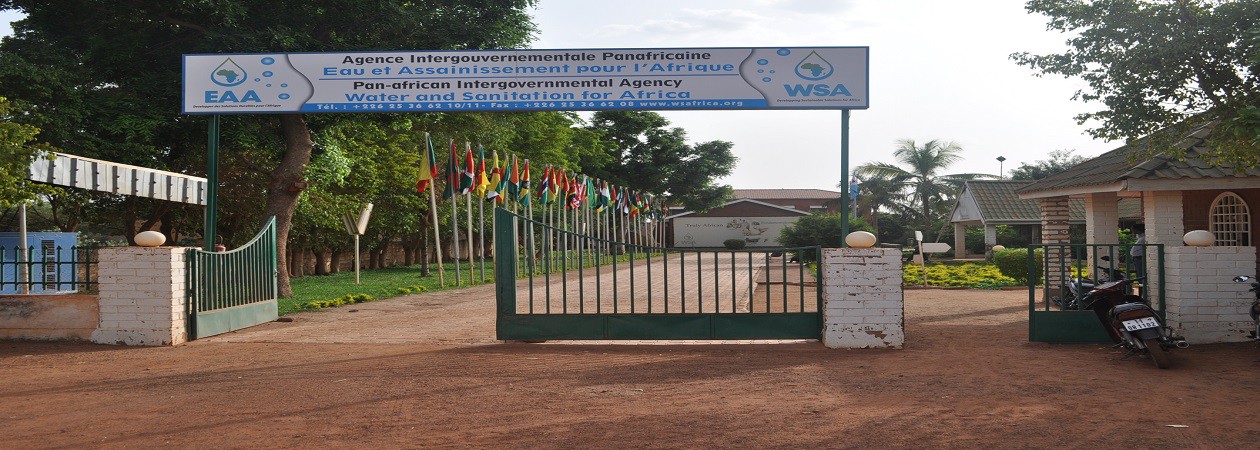Empowering local communities with regard to funding sanitation programmes is the noble goal WSA is pursuing to accelerate access to sustainable sanitation for all in Africa. In Senegal, this initiative was launched as part of the Empowerment Support Project which implementation promises to offer great prospects in improving community sanitation.
The "Support in the identification and funding of rural sanitation investment programs in conjunction with local authorities in the regions of Thies and Louga- SEN/030 14693 T2" Project covers 11 municipalities set across these regions. The main objective is to strengthen organizational capacity and management of water and sanitation services in targeted Operational Focus Area, OFA (Zone de Concentration Opérationnelle, ZCO). Therefore project beneficiaries will include individuals, schools and local communities of which quality of life will improve through the promotion, implementation and sustainable management of individual and collective sanitation facilities. Activities conducted so far include the identification of the Operational Intervention Areas, OIA (Zone d’Intervention Opérationnelle, ZIO), social mobilization, actors selection, and capacity building, and the realization of pilot sanitation facilities in the OIA.

Photo 1: View of the partners and participants in the project validating and launching workshop
The signing of protocols with local authorities, marking local authorities buy-in on the project goals and ambition, gave way to the establishment of Local Village Committees (LVCs) in the IOA through a participatory social dialogue during which villagers designated their legitimate representatives in the LVCs acting in the framework of the project. Thus 344 LVCs were set up and provided with capacity building trainings and mandated to lead mobilization activities and behavior change awareness campaigns.

Photo 2: Community Assembly to establish the LVC of Thiourang (Mbacke Cadior)
Started in 2014 and scheduled to end in 2016, this Luxembourg Cooperation-funded project is implemented with the support of WSA-Senegal, the participation of the Sanitation Department (Direction de l’Assainissement, DA) and the Coordination Unit of the Safe Water and Sanitation Millennium Programme (Cellule de Coordination du Programme d’Eau Potable et d’Assainissement du Millénaire (CC-PEPAM).
Hubert OUEDRAOGO



